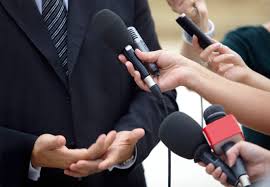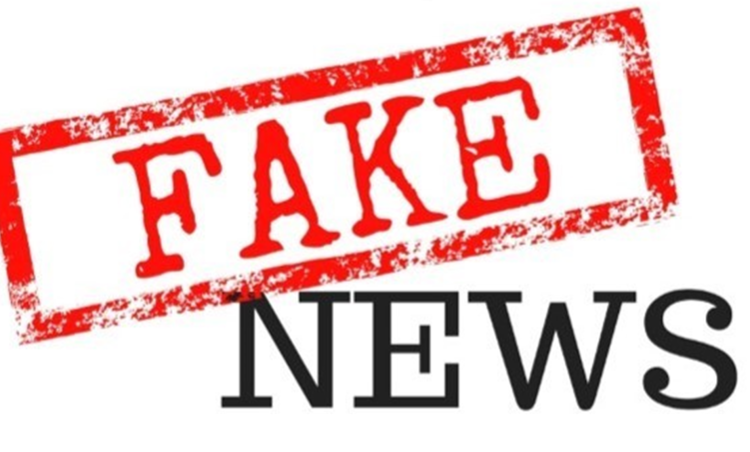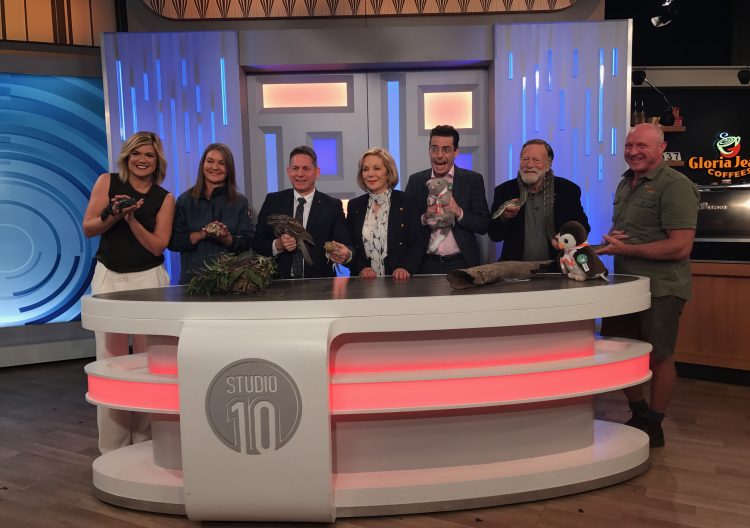By Sarah Fleming
Media interviews are a tricky beast, regardless of whether you’re the most confident person in the world or completely phobic of speaking on-air. Ms Charisma might overstep the mark and put her foot in it by saying the wrong thing while Mr Bashful could provide his interviewer with one-word, monotone answers and never be asked back on the segment again.

Here are WordStorm PR’s five top tips for nailing a media interview:
- Be clear – if the media interview has been organised by your PR agency, get them to clarify exactly what the angle is. Unfortunately, it is very unlikely that we are able to provide the questions that will be asked before the interview because it destroys the spontaneity of the piece. However, we can often guess what questions may come up and role-play with you. If you have organised the interview yourself or been approached directly by media, ask the producer or journalist as much as you can about the content and angle of the interview.
- Know your audience – every media outlet has a different audience and it’s vital to know who you’re talking to when doing an interview. Are they business people and potential investors? Are they mums and your ideal consumer? Are they knowledgeable about what you’re talking about or do you need to treat them as laypeople? Aside from content, it is also important to get your tone and language right. If you can, do some research beforehand. For example, if it’s a radio interview, listen to the show (and at the very least, visit their website and social media platforms) and identify how the host conducts interviews. If they’re jovial and not afraid to crack a joke, ensure you’re in the same frame of mind, whereas if they’re a ‘no-nonsense’ type of person, stick to the facts.
- Know your key messages – key messages are the essential ingredients needed to nail an interview. They are how you milk the interview for all its worth when given the opportunity to talk about your business and they are how you stay on track in a crisis scenario. You should have no more than five key messages that you want to stick to in an interview and they will differ depending on the angle. Spend some time on YouTube watching interviews done well. You will notice that the one thing they have in common is the way the speaker can give an entertaining, lively interview (and thus, giving the journalist what they want) while still getting their point across – it’s a win, win!
- Watch what you say – some people are open books which is lovely in a social setting and terrifying for a PR person whose client is doing an interview. You need to remember that there is no such thing as ‘off the record’ and the wrong words in the hands of a journalist can prove very dangerous. Ensure that your key messages are written down in front of you and try to stick to those as much as you can (while still remaining natural and animated). It is also good to note that you should not feel pressure to answer a journalist’s question or fill the silence. Feel free to tell them you will get back to them if you’re unsure of how to answer a question.
- Invest in a media training workshop – being prepped for media interviews is something that will stick with you for a lifetime. A formal workshop will equip you with the skills and knowledge you need to go into any media interview, whether it’s radio, TV, a face-to-face coffee or a phone chat, and nail it every time. It will generally cover the ins and outs of how the media works and update you on what the current media landscape is, before delving into what you brands’ key messages are. When we media train clients we also role-play interviews with them with an ex-journalist and high-def camera, which we critique as a group. We alternate between positive interview questions and more hairy questions. It is equally important to make the most of a positive interview situation and get your key messages across as it is to ensure you say the right thing in a crisis.
Regardless of whether your business is a start-up, a global corporation or anything in between, you never know when you might be thrown into the media spotlight. It is vital to be prepared in regards to your spokespeople and key messages. The media is a wonderful thing if you know how to play the game!




